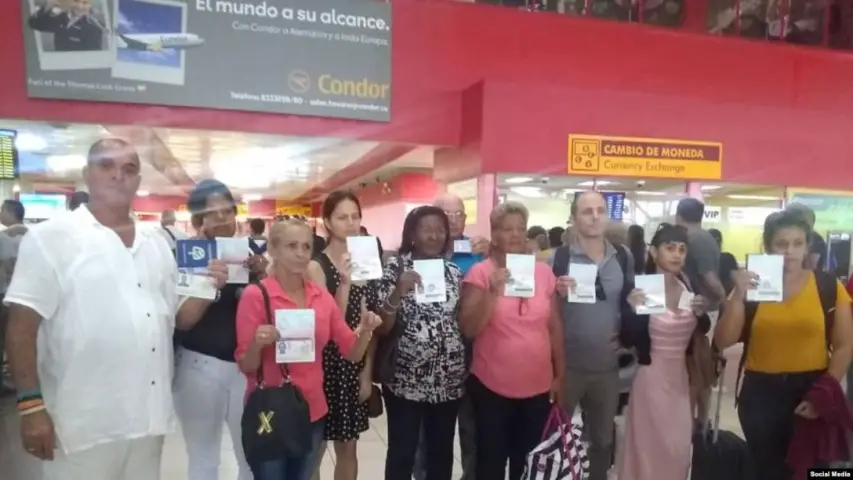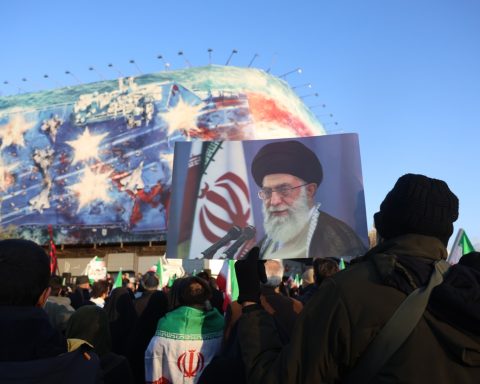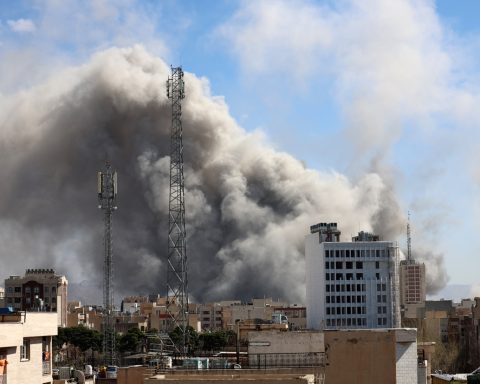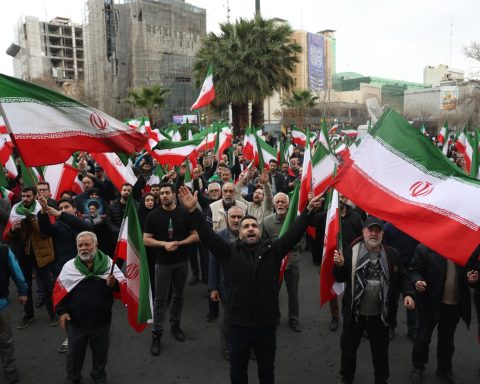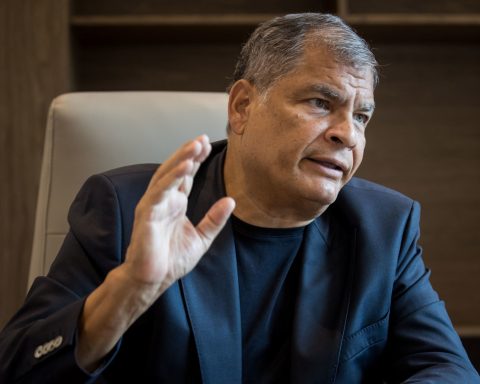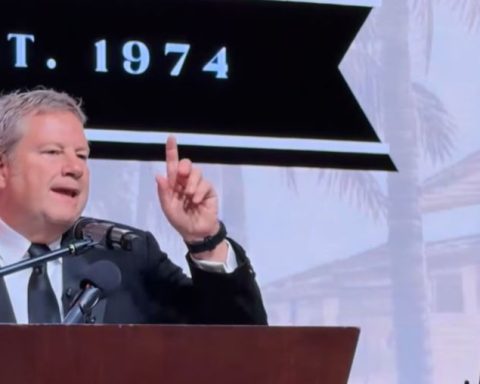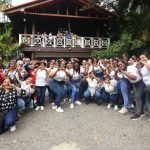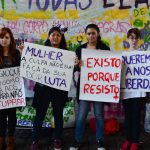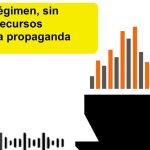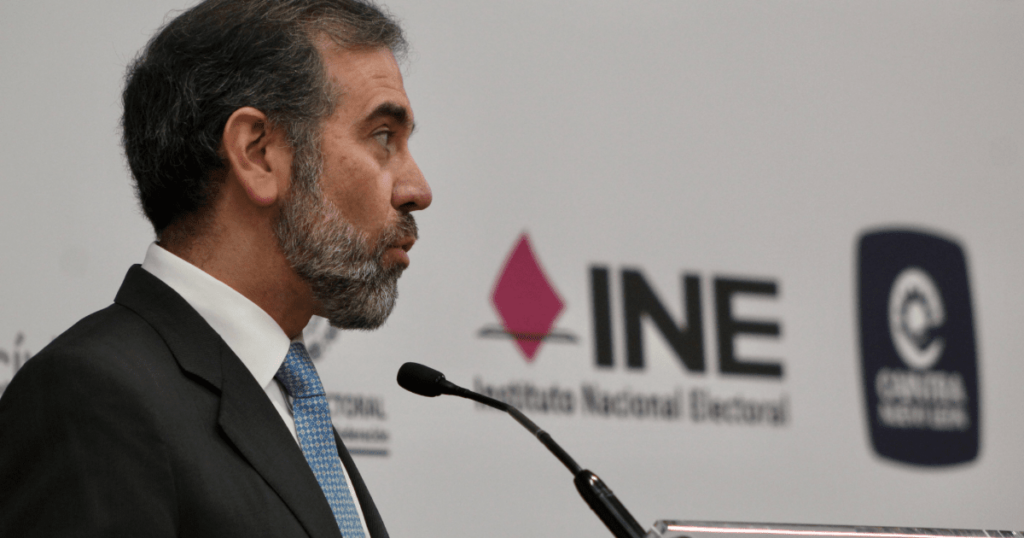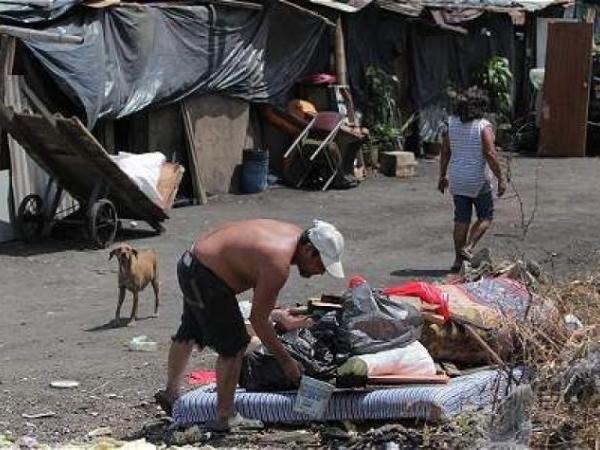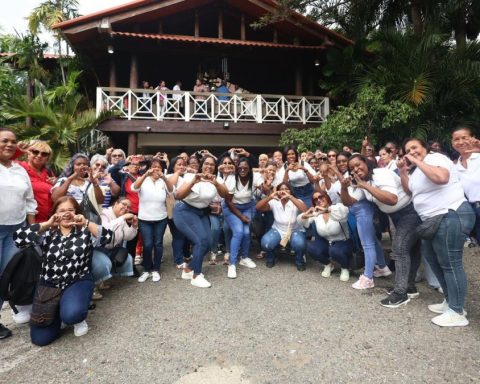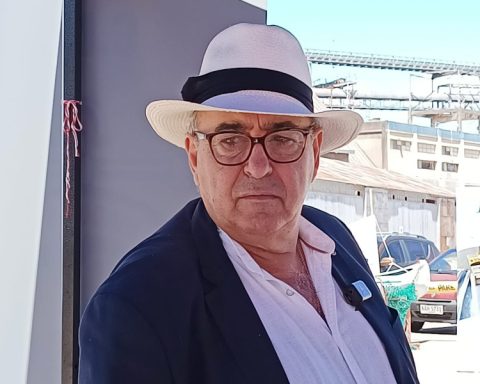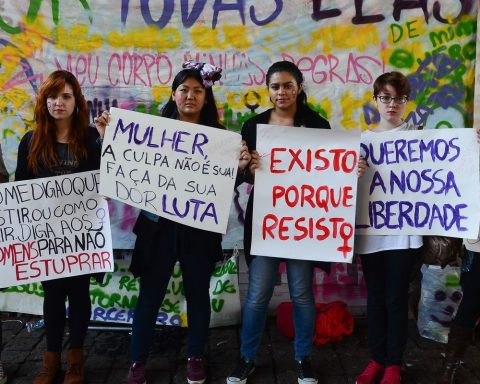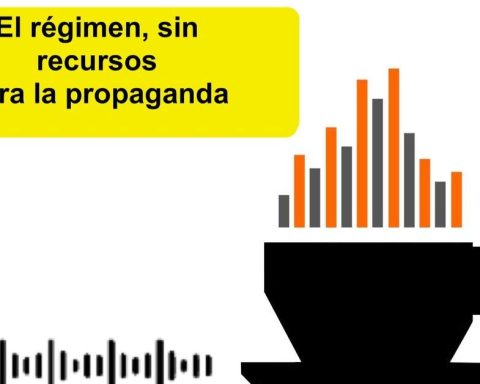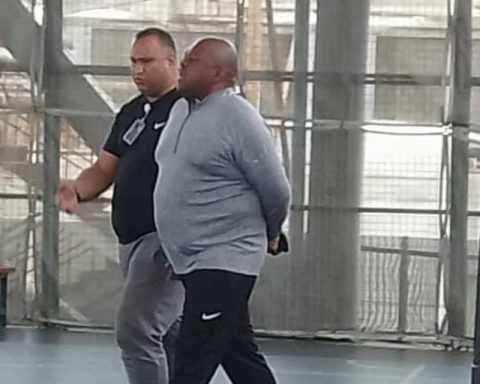Havana Cuba. — A few years ago, the Castro regime carried out the process to adopt a new Constitution. There was everything, as in an apothecary: a commission appointed by the government authorities themselves, a series of popular consultations, different versions of the new text and its formal approval in different instances of the State-Party. It all culminated in a referendum, in which the people approved the final version by majority.
Some of its precepts are more conservative than those of its predecessors. This is the case of its article 5, which not only ratifies the Communist Party of Cuba as the “superior leading political force of society and the State”, but also assigns it the adjective “unique”. It is a condition that this pro-government organization always had, but that only now appears embodied in the constitutional text.
It is necessary to recognize that this turn of the screw represents rather an exception. As a rule, the text of the current Cuban superlaw is closer to its counterparts in the other countries of our cultural environment; His statement of human rights is more sibylline and “drinkable” than that of the Fidelista texts. But does this last reality mean a real improvement in the freedoms and guarantees of Cuban citizens?
We can find an answer to that question in the injustices suffered in recent times by a legal man: my colleague Julio Alfredo Ferrer Tamayowho within our country stands out as a member of the independent law firm cubalex. He, formerly the President of a Provincial Court Chamber and later a prominent lawyer in the Collective Law Firms, attempted something that —I know from my own experience— is extremely difficult in our country.
I refer to the effort to use in Cuba the legal instruments to combat the illegalities perpetrated by the Castro regime. Using the language of filmography, we could describe this endeavor as a “mission impossible”. Despite the solemn statement of Article 1 of the Constitution raulista (where it is affirmed in a pretentious and false way that ours is a State of law), the hard blows of reality show us that the truth is the opposite of that.
It is the case that Julio Alfredo is one of the Cubans “regulated”. For the benefit of those who are unaware of Castro’s newspeak, I clarify that this participle refers to the residents of the Island who the regime, due to their opposition activism or their defense of human rights, prohibits them from leaving this “paradise of the proletariat” ( “ocean of happiness”, according to Hugo Chávez)
This is a Raulista novelty: under the rule of the older brother, any Cuban who wanted to travel abroad had to manage and obtain an “exit permit.” This license was embodied in the so-called “white card”. With the coming to power of the Army General, that situation, in principle, changed for the better. The aforementioned permit has been removed. In theory, we can all travel; in practice, some of us are not allowed to do so.
One of these was the colleague Ferrer Tamayo. In October 2019, despite having all the required documentation, the communist authorities prevented him from flying to Colombia. This arbitrariness stung the lawyer, who invoked the brand new Law on the Process for the Protection of Constitutional Rights, which came into force in our country in July of last year. A couple of months later, he filed a lawsuit against the bureaucrats who had prevented him from exercising his right to leave the country.
As the popular saying goes (a little vulgar, but always accurate), The drunkard thinks one thing and the grocer another.. The high-ranking chiefs dictate general rules (of constitutional and organic rank) that —they believe— will allow them to “wash their faces” and present themselves to national and world public opinion as a “Rule of Law” that respects its citizens and has established channels adequate to put an end to any arbitrariness.
But behold, the magistrates who received their appointment from those very bosses (and belong to their same and only party) are in charge of turning those beautiful general statements into a dead letter, into a grotesque mockery destined to deceive the deluded who allow themselves to be trapped. in that network of hoaxes, manipulations and arbitrary decisions.
My colleague Julio Alfredo did not leave a single legal tool unused. He did not limit himself to presenting the aforementioned demand. Given the inaction of the magistrates who were supposed to protect him, he presented complaints to the President of the Supreme Court, the Provincial Court of Havana and the Amparo Chamber of the latter. Regarding the judges most committed to the arbitrariness that he had suffered, he challenged them; that is, he formally stated that they should not participate in the decision of the matter.
In view of the evident omission of the members of the provincial court (who had refused to enter the merits of the first claim) he filed a second lawsuit. This, which he presented to the Supreme Court, was directed against the aforementioned provincial magistrates, precisely for having omitted to comply with their obligations.
In the promotional letter for this new process, presented last December, the jurist alleges that the members of the Provincial Amparo Chamber “have broken in total bad faith (…) the guarantees of due process and disrespected legal formalities.” . As a result of the foregoing, Ferrer Tamayo alleges that those officials, “in full conscience,” placed him in “a total state of defenselessness.”
Now there is another novelty: the collegiate body that —says the Law— should be the maximum protector of citizen rights (the corresponding chamber of the Supreme Court) ignored everything raised, closed its eyes before the slowness of a crustacean with which the Provincial court subordinate to it addressed the matter (and this despite the fact that the processing of this, due to its very nature, is supposed to be expedited). In short, the Supreme Court declared the claim “inadmissible.”
Everything indicates that the obstacle course facing my colleague from the law will get even longer. In response to the questions that I put to him in this regard, he expresses that he is waiting for the answer given by the Amparo Chamber of the Supreme Court to his request for clarification of the sentence (and also to a new challenge of a magistrate) to present a appeal to the Special Chamber of the same highest court.
He also draws from this whole matter a conclusion that seems inescapable to him: “The pronouncement of the Amparo Chamber of the Supreme Court is unquestionable proof of the constitutional helplessness suffered by Cubans since January 1959.”
OPINION ARTICLE
The opinions expressed in this article are the sole responsibility of the person who issues them and do not necessarily represent the opinion of CubaNet.
